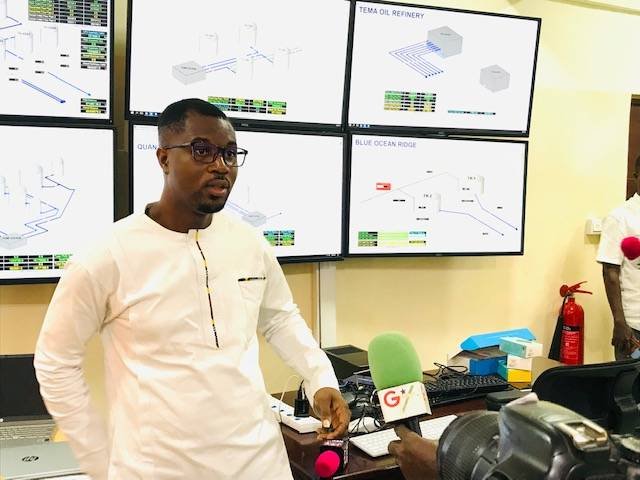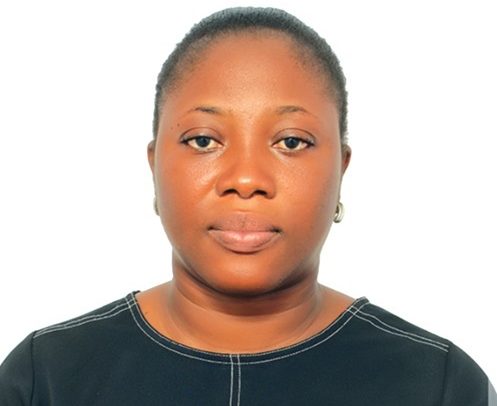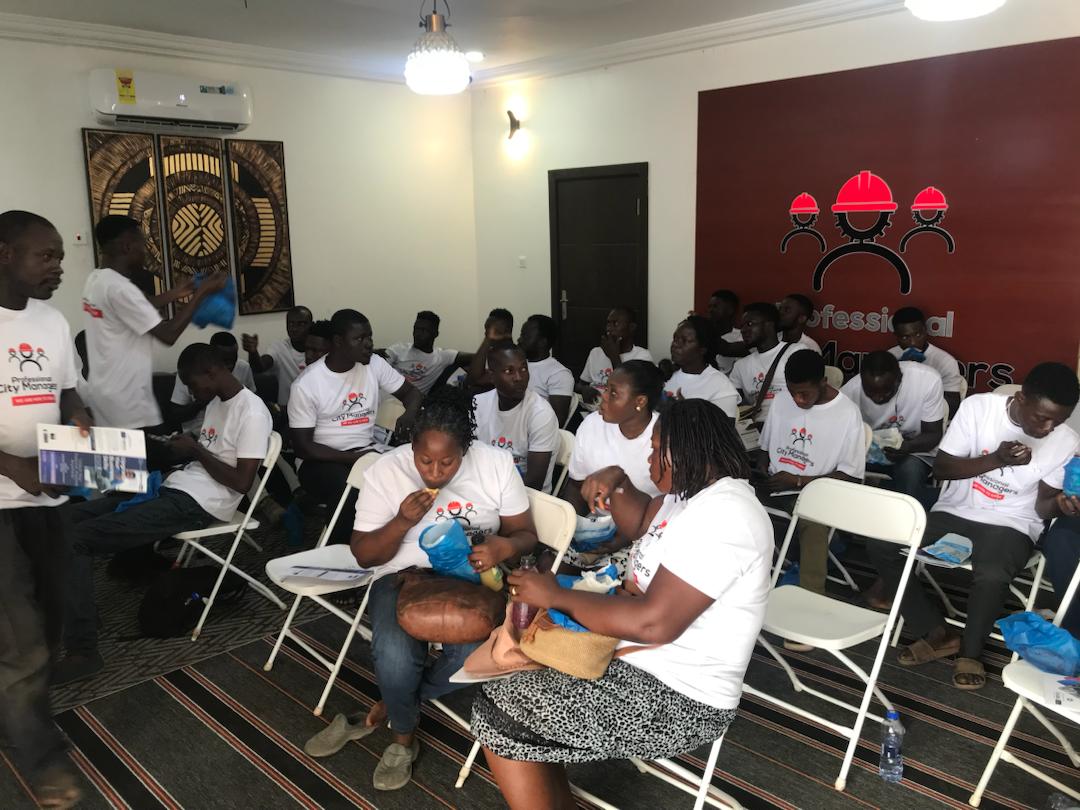
Mrs Cecilia Dapaah, the Minister of Sanitation and Water Resources, has announced plans by government to provide small incinerators to selected areas in the country, for waste recycling.
She said left over food, plant droppings and other organic materials, often referred to as waste could generate money if recycled and decomposed.
The minister, who announced these when she embarked on a familiarisation tour to assess the sanitation situation in Accra, noted that some youth earned their livelihood from waste segregation, and urged Ghanaians to take advantage of it.
Mrs Dapaah, who led a team of officials from the ministry, including two deputy ministers and chief directors, said scientists from Kwame Nkrumah University of Science and Technology (KNUST) and the Centre for Scientific and Industrial Research would be engaged to build incinerators.
She urged Ghanaians to change their attitude towards the environment, and hinted that traders who sell by the road side would be moved to the Mallam reclaimed dumping site in Accra.
Other areas visited includes Glefe reclaimed dumping site, Dansoman, and Dudor Korle, a waste transfer station, where some youth were engaged in seperating plastics, bottles, papper and metals from organic waste.
Mrs Dapaah advised Ghanaians to take responsibility of the waste they generated while government provided logistics and services for refuse collection and disposal.
In a related development, the Country Representative of the World Health Organisation (WHO), has paid a courtesy call on the minister.
Dr Owen Laws Kaluwa told the minister that water and sanitation were key determinants of health, and stressed the need to ensure good sanitation practices.
He said WHO had implemented a number of projects in water, sanitation and hygiene sectors, and that the organisation was poised to supporting the government to achieve United Nations (UN) Sustainable Development Goals (SDG6), which concerns provision of safe drinking water and sanitation to the people.
Dr Kaluwa stated that WHO would organise a high level meeting next week to be attended by some African countries to discuss sustainable water and sanitation issues.
He mentioned Water, Sanitation and Hygiene (WASH), disaster preparedness and education on water borne diseases as some projects implemented by WHO in Ghana.
The sector minister reiterated government's commitment to partnering with United Nations (UN) agencies to improve sanitation and provide clean water for Ghanaians.
She said government needs more funding to buy chemicals to purify water, adding that Ghana's water was one of the best as it meets WHO's standards.
Read Full Story

























Facebook
Twitter
Pinterest
Instagram
Google+
YouTube
LinkedIn
RSS